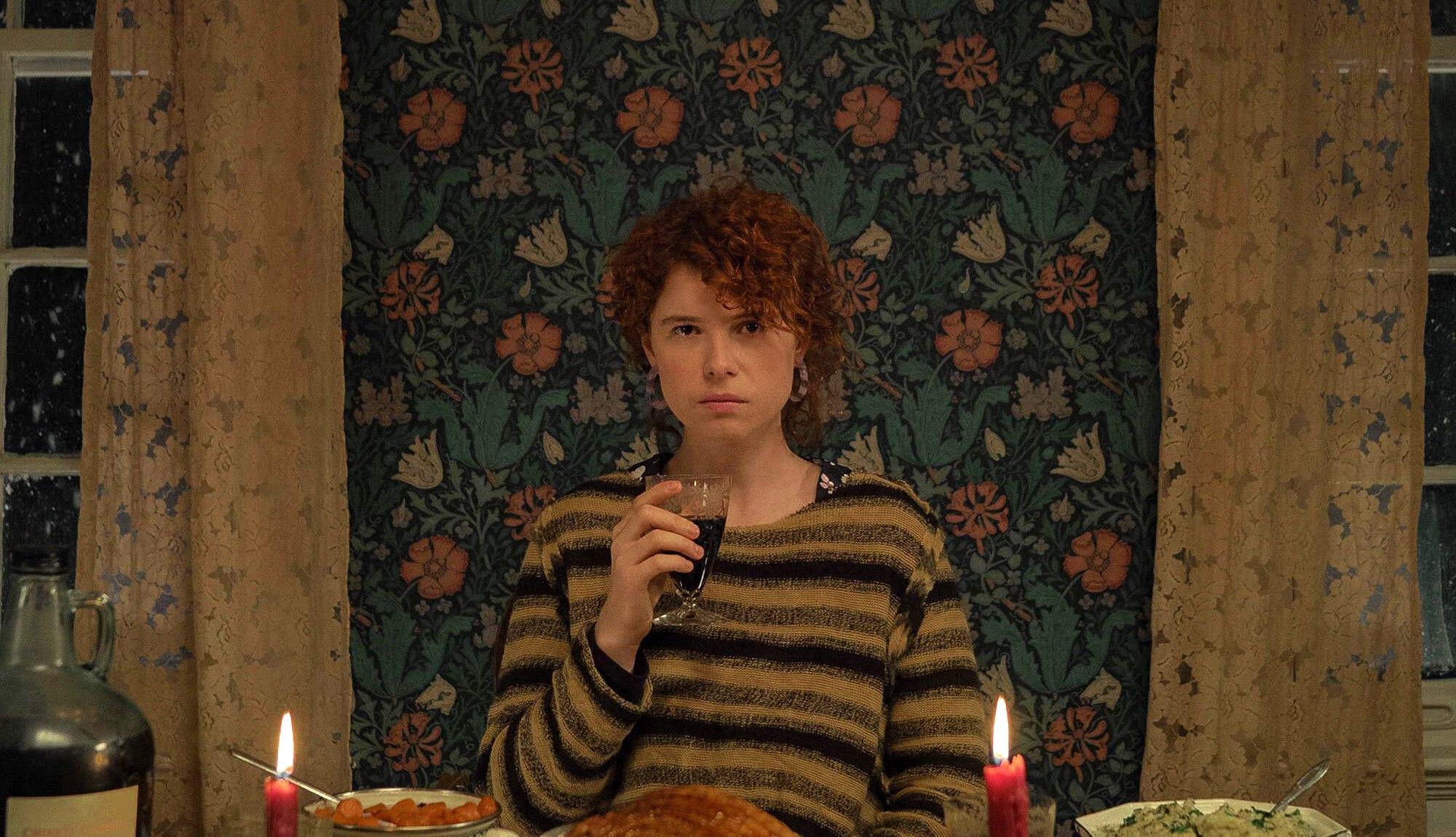Not drinking water until after 3pm could be why you can’t sleep through the night — expert explains
Hydrate your way to a good night's sleep, say experts

A new survey looking at the hydration habits of 2,000 Americans revealed over a third of people, 34% to be exact, don't drink water until 3pm on a typical work day.
Why are the Tom's Guide Sleep Team interested in this? Well, studies in the Oxford Academic Sleep Journal show a strong connection between sleep and hydration, with dehydration leading to poor sleep and poor sleep causing dehydration.
Even if you're sleeping on one of our tried and tested best mattresses perfect for your sleep style, without ample water, your sleep will suffer. Whether that's headaches, cramps or even snoring interrupting your rest.
Ahead we'll explore the impact dehydration has on your sleep and hear from Dr. Nicole Tsang, clinician at online medical clinic Circle Medical, and physician at Prime IV Hydration and Wellness, Dr. Jeff Rosenberg about how we can best hydrate for a good night's sleep.
What does drinking water have to do with good sleep?
There are many ways dehydration can impact the quality of your sleep and make you feel groggy come morning.
Physical symptoms of dehydration like headaches and cramps can make you too uncomfortable to sleep. While increased heart rate, another symptom of dehydration, makes it difficult to relax.
"Muscle cramps at night are often related to dehydration"
Dr. Jeff Rosenberg
What's more, dehydration gets in the way of the natural cooling process that happens in our bodies as we prepare to sleep.
Get instant access to breaking news, the hottest reviews, great deals and helpful tips.
To fall asleep peacefully and sleep through the night you need to be cool. This is because a drop in body temperature signals to your circadian rhythm that its time to wind down.
"When you're dehydrated, your body struggles to regulate temperature and balance, making it harder to enter the deep, restorative sleep phases," explains Dr. Rosenberg.
3 ways dehydration ruins your sleep
1. You'll snore more
You may have accepted your partner's snoring as a lifelong sleep disturbance when you signed the marriage papers, but there are things you can do to get more peaceful sleep without taking a sleep divorce. And one of them is suggesting they stay on top of their hydration game.
“Hydration helps keep the tissues in our throat and nasal passages moist and pliable," Dr. Tsang explains.
"When we're dehydrated, these tissues can become stickier and more prone to vibration as we breathe, which can lead to snoring."
2. You'll get a headache
Head pain is a common sign of dehydration and also a major disruptor of sleep. “Dehydration headaches can feel like tension or migraine-type pain and often worsen with physical movement or prolonged periods without fluid intake," says Dr. Tsang.
"If someone goes to bed dehydrated, they may wake in the night with a headache or find it difficult to fall asleep due to that low-grade discomfort."
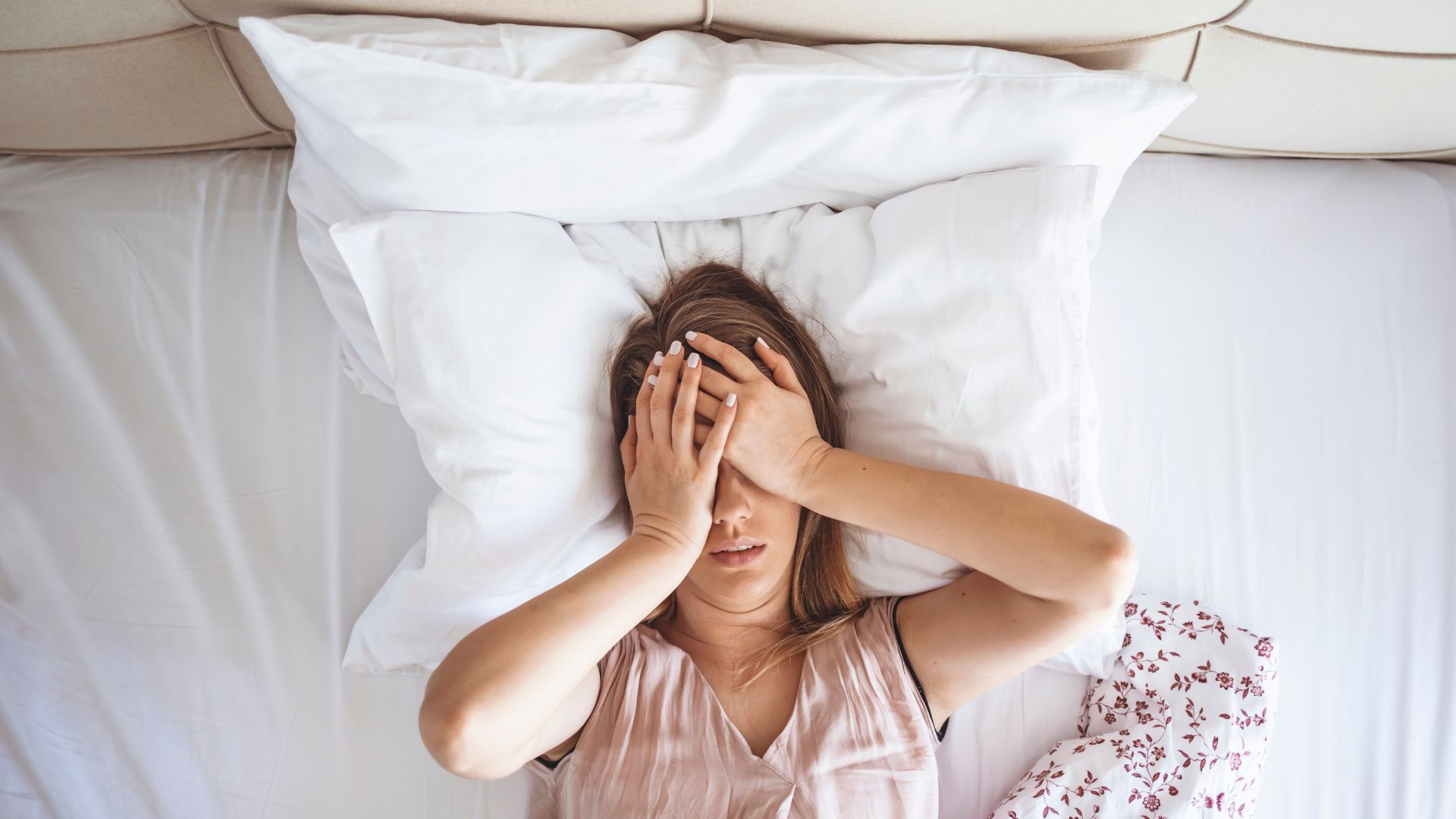
People may also try to 'sleep off' a dehydration headache, which can disrupt their sleep schedule, making it harder to fall and stay asleep at night and lead to morning tiredness.
3. It can also cause muscle cramps
Cramps, especially in the legs, can be caused by dehydration. These sudden painful contractions can wake you up at night and make it difficult to fall back asleep.
"Muscle cramps at night are often related to dehydration and electrolyte imbalances," says Dr. Rosenberg.
"They cause sudden, painful awakenings that disrupt deep sleep cycles." Disturbing essential sleep stages fragments quality sleep, stopping us getting to the deep restorative stages.
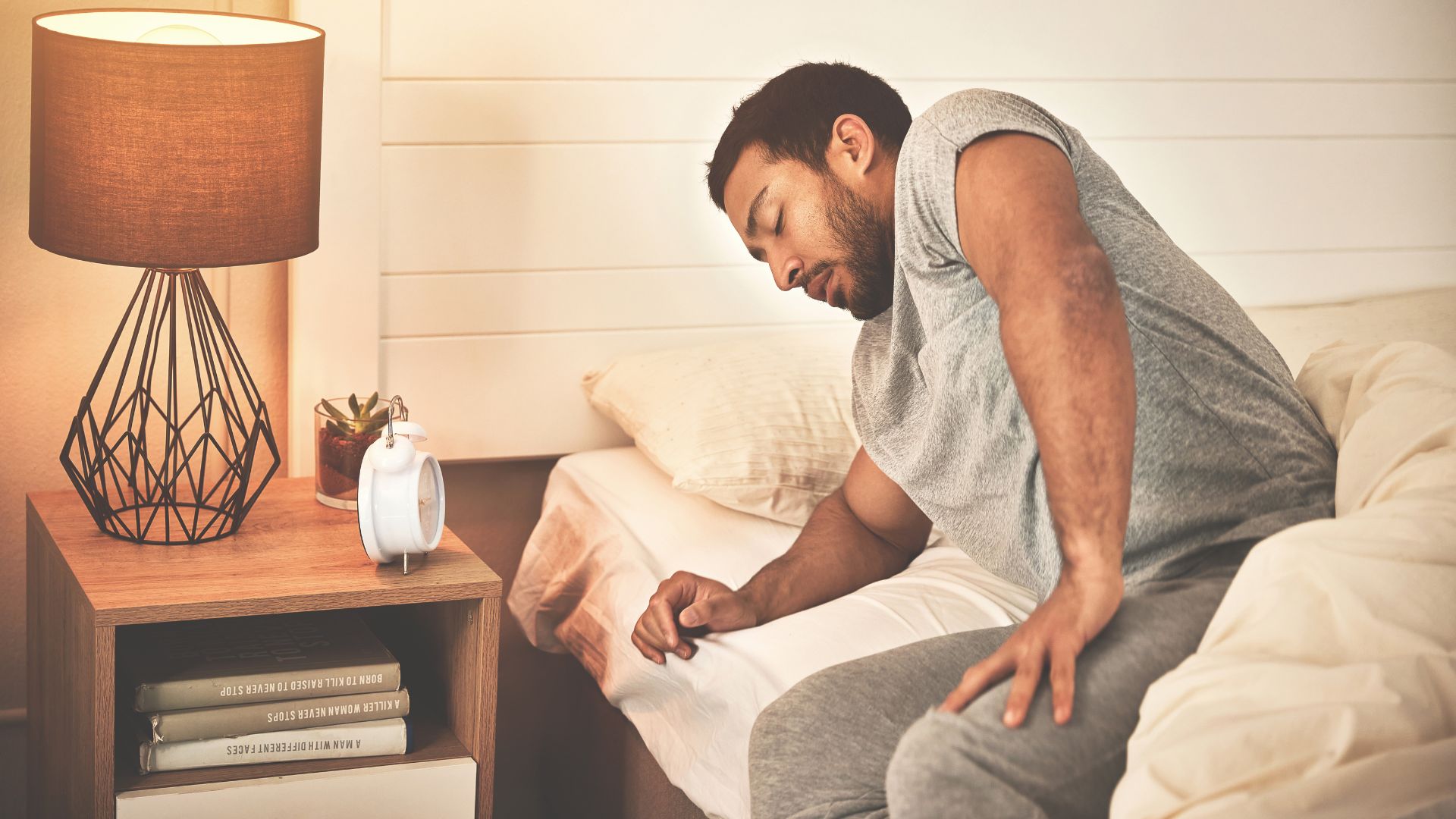
Poor sleep can make you dehydrated too
As mentioned above, there is a two way relationship between dehydration and poor sleep.
Research by scientists at Pennsylvania State University and doctors at Kailuan Hospital in China found 6 hours of sleep was associated with inadequate hydration compared to 8 hours sleep.
Dr. Tsang verifies this. "Poor or shortened sleep can disrupt the body’s natural regulation of hormones that control fluid balance, particularly vasopressin, which helps manage how much water the kidneys retain," she says.
These hormones, like melatonin and cortisol, are keen to helping you get restorative, deep sleep.
"When sleep is fragmented, vasopressin release may be affected, which can lead to increased water loss and mild dehydration the following day."
How to stay hydrated for better sleep
Drink plenty of water before 3pm
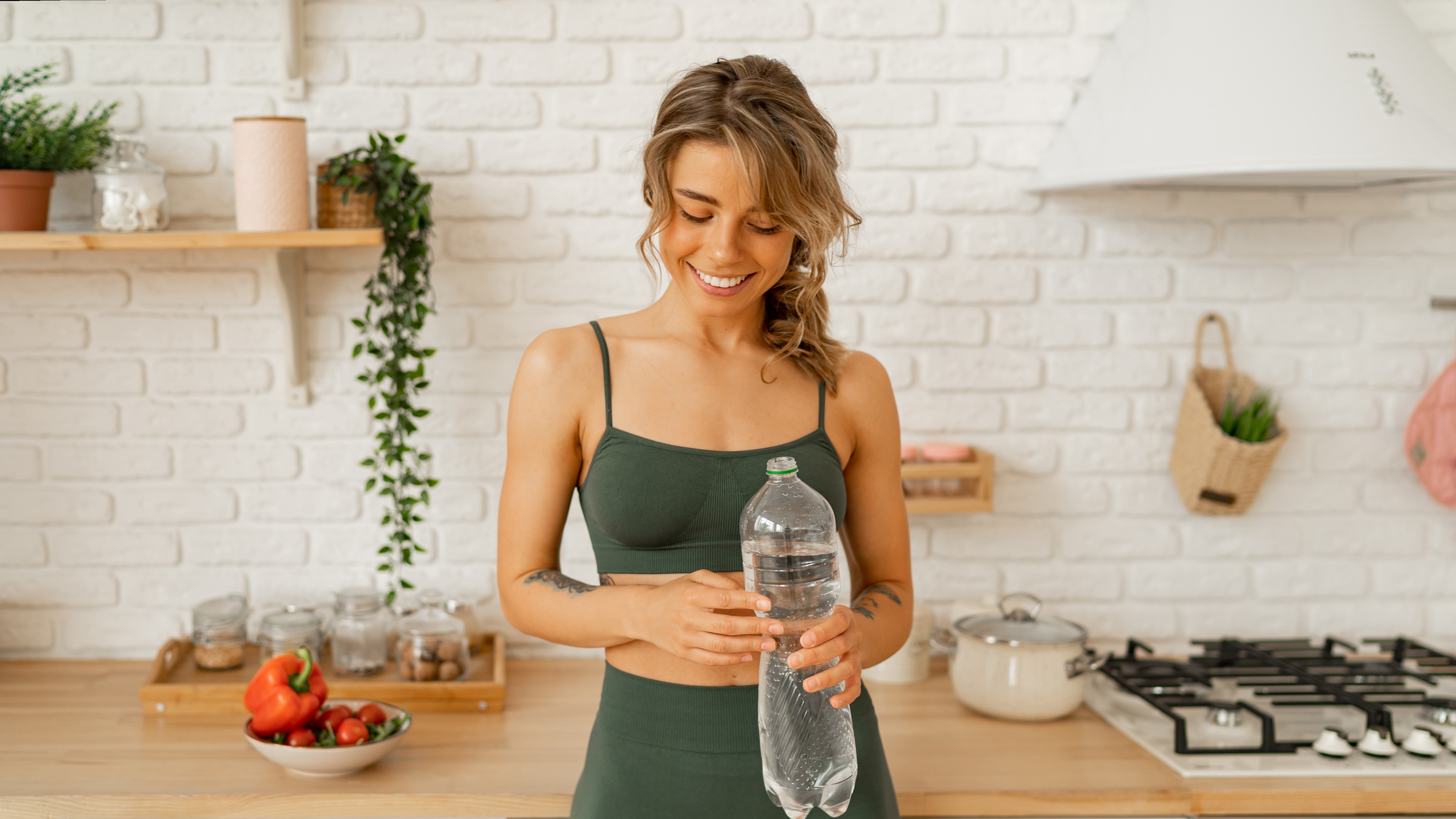
Many Americans need to kick their bad hydration habits and get sipping earlier in the day to benefit from this sleep tip.
Reaching for a glass of water just after you get out of bed and cementing this habit in your morning routine is a good way to kick start your hydration early on.
“The key is steady hydration throughout the day rather than loading up on fluids right before bed," Dr. Tsang advises.
"I usually advise patients to keep a water bottle with them and sip regularly, not just when they feel thirsty. Including foods with high water content, like fruits and vegetables, can also support hydration throughout the day."
In the evening, it's wise to taper off fluid intake about 1–2 hours before sleep to reduce the likelihood of waking for the restroom.
Limit your intake of caffeine and alcohol
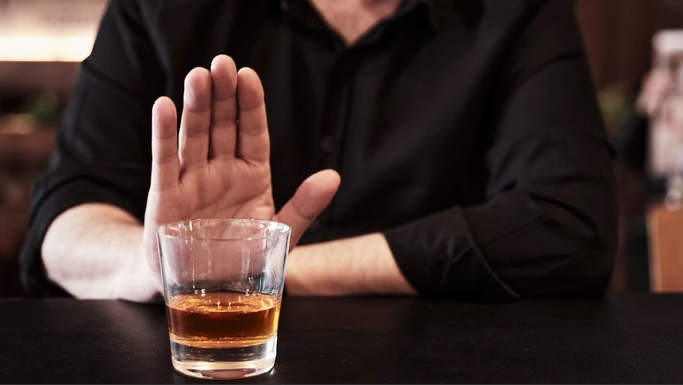
It's well known caffeine and alcohol are bad news for sleep. As well as being stimulants, these drinks have a diuretic effect.
According to Dr. Tsang, poor sleepers' beverage choices contribute to dehydration.
It’s a cycle that can quickly become self-reinforcing if not addressed
“People who are sleep-deprived may also be less likely to notice or respond to thirst cues, or might reach for dehydrating drinks like caffeine or alcohol to cope with fatigue," she says.
"It’s a cycle that can quickly become self-reinforcing if not addressed.”
Therefore, swapping out too much caffeine and alcohol for a refreshing glass of water can help you avoid dehydration slumps and sleep loss.
Create a cool sleep set up
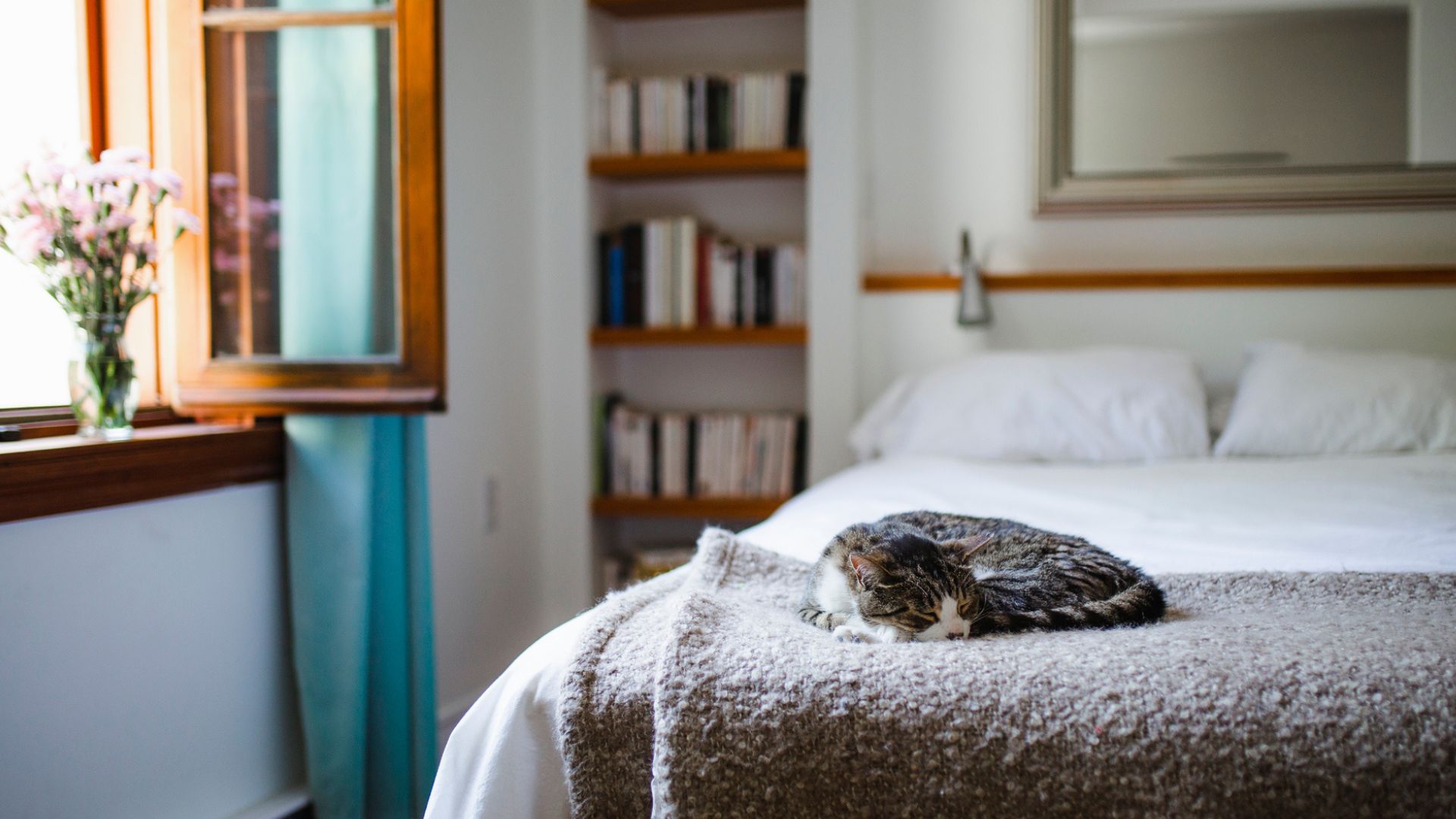
Sleeping at a cool temperature is key to falling and staying asleep, and it also prevents excessive sweating during the night which contributes to dehydration.
If you're a particularly hot sleeper we recommend investing in one of this year's top cooling mattresses to help you manage night sweats and avoid dehydration.
Complete your sleep set up with cooling bedding and pillows and make sure you maintain good ventilation by sleeping with your windows open and blinds closed through warm days.

Eve is a sleep tech product tester and writer at Tom's Guide, covering everything from smart beds and sleep trackers, to sleep earbuds and sunrise alarm clocks. Eve is a PPA-accredited journalist with an MA in Magazine Journalism, and has four years’ experience writing features and news. In her role as Sleep Tech Product Tester and Writer for Tom's Guide, Eve is constantly trying out and reviewing the latest sleep products from brands such as Apple, Garmin, Whoop, Hatch, Sleep Number, Eight Sleep, and Oura. A fitness enthusiast who completed the London Marathon earlier this year, Eve loves exploring the relationship between good sleep, overall health, and physical performance, and how great sleep tech can make that relationship even better.
You must confirm your public display name before commenting
Please logout and then login again, you will then be prompted to enter your display name.
 Club Benefits
Club Benefits





